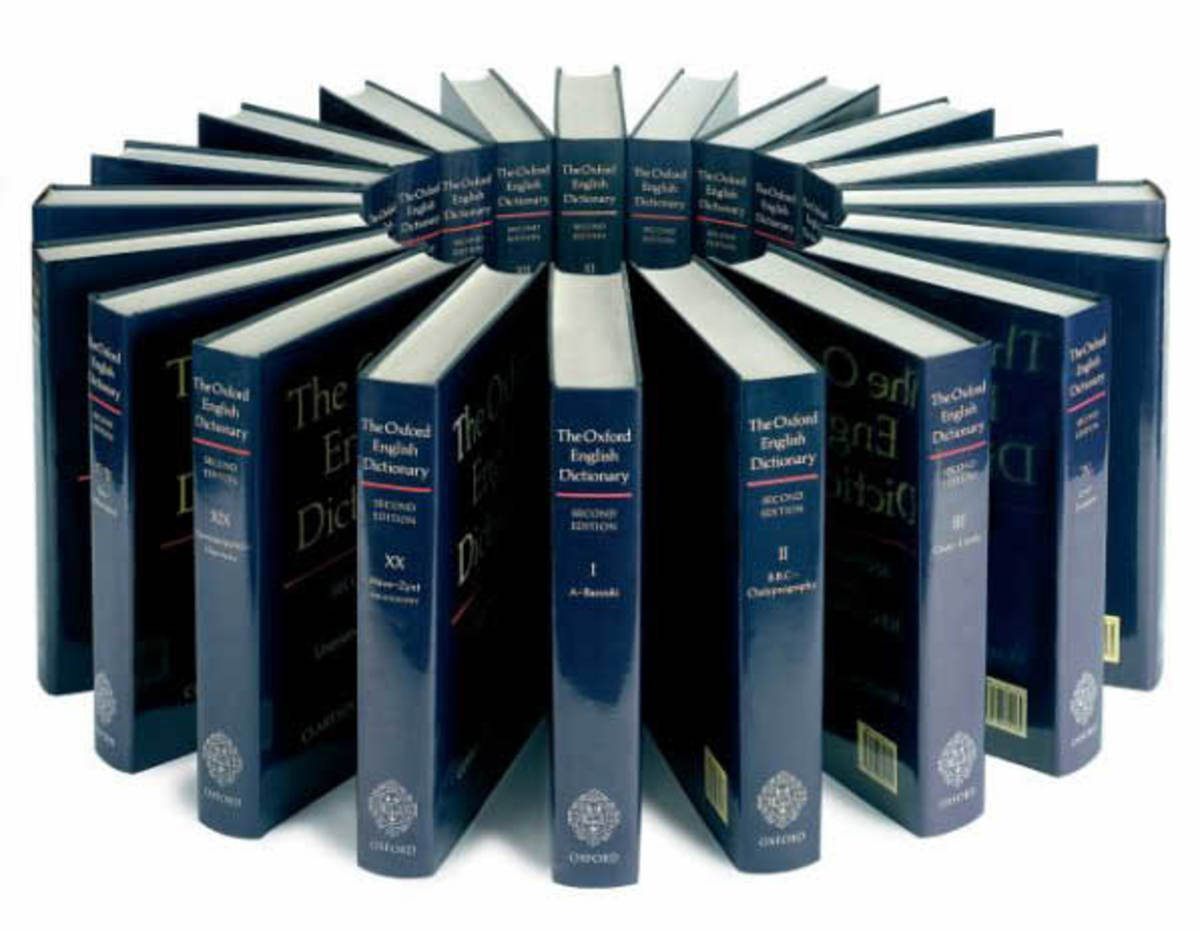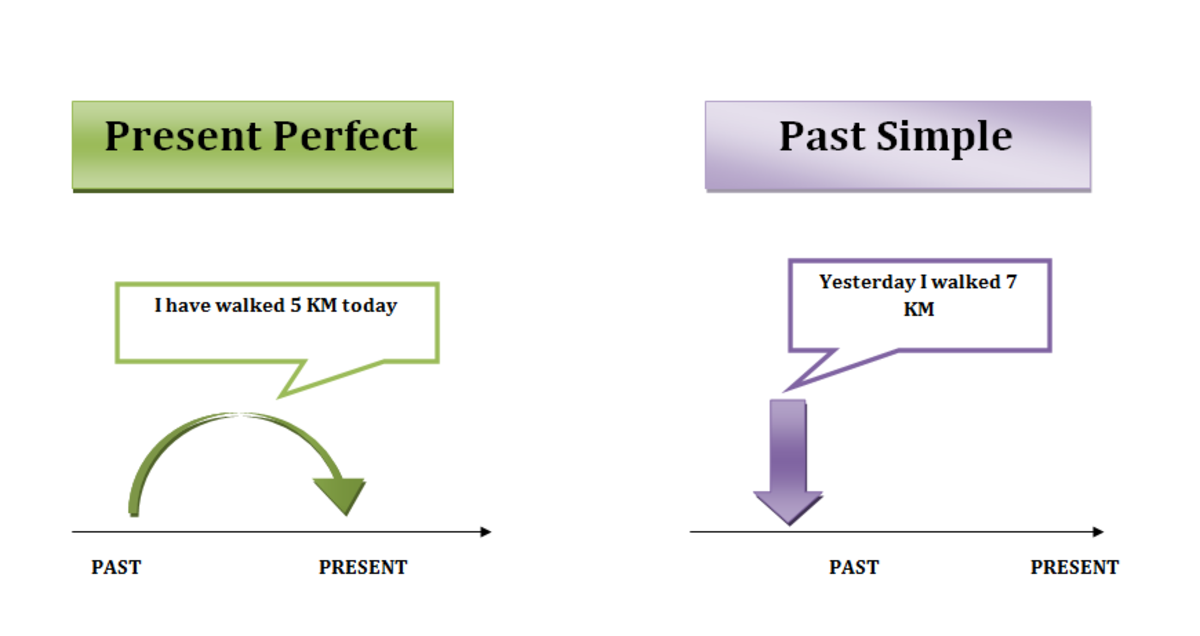Reasons and Techniques to Increase Your Vocabulary
Do you wish to have effective and efficient communication? Do you sometimes get stumped by strange words like ‘equine’, ‘grandiloquent’ etc. while you are reading? And do you also, like everyone else, get enamored by good writers and speakers? Indeed you do because in speech there is a kind of magic.
Those with smaller vocabularies often find it boring to read. If they don’t know how to get around the annoyance of not knowing a word, they quit reading. Quitting reading isn’t the solution. I have attempted to put together a few reasons why we should improve our vocabulary and ways to do it. I hope it will help you become a better writer and speaker.
1: Be Curious: Curiosity killed the cat? No do not take that literally. Curiosity, in fact, is the most important skill man and animals possess. The curious person often knows more. Curiosity works wonders when it comes to improving your vocabulary. You should always be on the look-out for new words you read or hear. If it’s not possible to consult the dictionary right away, just make a mental note or underline the word. You can check it later. The important thing is for you to welcome the word and allow it to enter you brain as you would a guest to your home. Once it has sunk in well, you will be surprised when you hear yourself use the same word without pre-planning.
2. Personalization: when you learn a new word, try to relate it to yourself. You can do that by using it to describe some event in your life, something you know about or any of your internal states. Associating a mental image to the word also helps your memory retain it. For example if you would like to remember the word ‘ravenous’, try to recall the night when were absolutely ‘ravenous’ but there was nothing to eat in the fridge or you may picture the cave man ‘ravenously’ eating his fresh hunt after going without food for days in middle of a snowy winter.
3: Read Voraciously: They say that people who know a large number of words are better at coming up with innovative ideas. Successful people often know more words than most. New words in fact create new connections within your brain. So the more words you know the more you expand you neural network. To achieve this you must read and read almost anything. Do not shy away from even technical material if you have studied only arts and humanities until now. Variety in your reading material will expose you to unfamiliar fields of knowledge and hence newer vocabulary and ideas. It helps to read something a little above your reading skills.
4: Consult the Dictionary: It’s not as difficult and boring as some people consider it to be. You just have to plan effectively. Keep a good dictionary with you when you read. Off and on you may check an important word. Remember not to stop reading every time you come across a difficult word because most words can be understood through their context. However, before you finish your reading session, you should dedicate five to ten minutes to look up the unfamiliar words you came across. If you do this consistently for a few weeks, you will notice a marked improvement in your vocabulary.
5: Speak English: If you are not a native speaker of English, speaking the language will help you familiarize yourself with new words. When you learn a new word, try to use it in your conversation with your friends or when you practice speaking on your own. Using new vocabulary will always make you more confident than just looking up its meaning and memorizing it. However, you should not try to impress your audience with your vocabulary as some second language learners tend to do. It gives a bad impression.
6: Vocabulary Exercises: There are a number of books available in the market to improve vocabulary. Although the words in them are usually given out of context, they still are a good resource for wordplay. There are many such exercises available on the internet as well. Word games such as crossword puzzles, hangman, scrabble etc are both useful and enjoyable.
7: Pay Attention to the Context: Very often the context of a challenging word gives you clues to its meaning. The context of a word is what comes before and after it. To guess the meaning you should read the sentence once again and replace the difficult word with its probable meaning. If it makes sense you have got it right. But if it doesn’t, then try to see if you can find a synonym (a word with a similar meaning) in the context. If you can’t find any synonyms, then try looking for an antonym (a word with an opposite meaning). By now you would have guessed the appropriate sense of the word but if you are still confused, then check the dictionary.
8: Word Roots: word roots are another way of guessing the meaning of an unfamiliar word. It’s helpful to know word roots. In English most of the difficult words either have roots in Latin or Greek. Memorizing word roots is great help in constructing word meaning.
9: Affixes: These are small additions made to word roots either at the beginning (prefixes) or at the end (suffixes). Some common example of prefixes are ‘de’, ‘anti’, ‘pro’, ‘pre’, ‘post’ etc, and of suffixes are such appendages as ‘ly’, ‘tion’, ‘able’, ‘ically’ etc. Once you know your affixes and there are not many in the English language, you would have a great tool to guess meaning of words from simply what comes before and after the root. Technically it’s called ‘morphology’ of words.
10: Your Personal Notebook: This was one of the ways I kept track of new words in my college days. Although I don’t know where those notebooks are now but they sure were a great way for me to increase my vocabulary. You may want to make a list on your computer and add new words to it whenever you learn them.
So there we have some simple reasons to improve your vocabulary and techniques to help you become a wordsmith. Good luck on your journey to become word-smart. It’s a constant delight because new words will always be there for us to explore and hence enrich our communication whether it’s in our personal life or in business.






